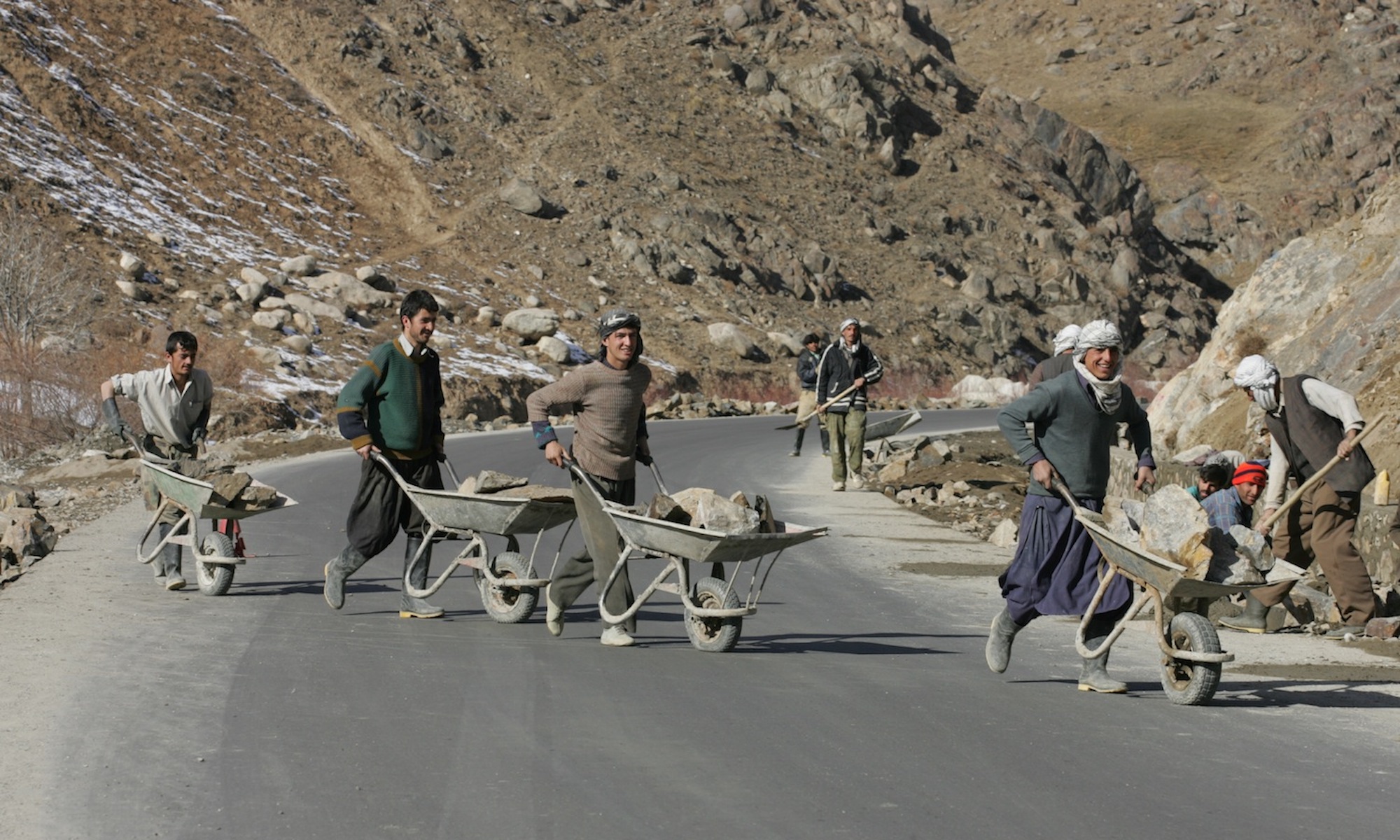This essay presents a theory of small arms demand and provides initial evidence from ongoing case studies in the Solomon Islands, Papua New Guinea, South Africa and Brazil. The theory revolves around the motivations and means to acquire arms, addressing issues such as contrasting acquirers and possessors and differentiating between acquirers and non-acquirers, consumers and producers, and final and intermediate demand. The essay also studies characteristics of small arms that make them so desirable as compared to other means of conducting violent conflict. The overall goal is to provide a theoretical framework and language that is common to a variety of social science approaches to the study of small arms use, misuse and abuse.

INSCT Postconflict Research Database
The Institute for National Security and Counterterrorism's Postconflict Research Database & Analysis Project stores cross-indexed bibliographic information on hundreds of journal articles, books, book chapters, and case reports that address the broad, interdisciplinary fields of postconflict reconstruction, stabilization, and peacebuilding.